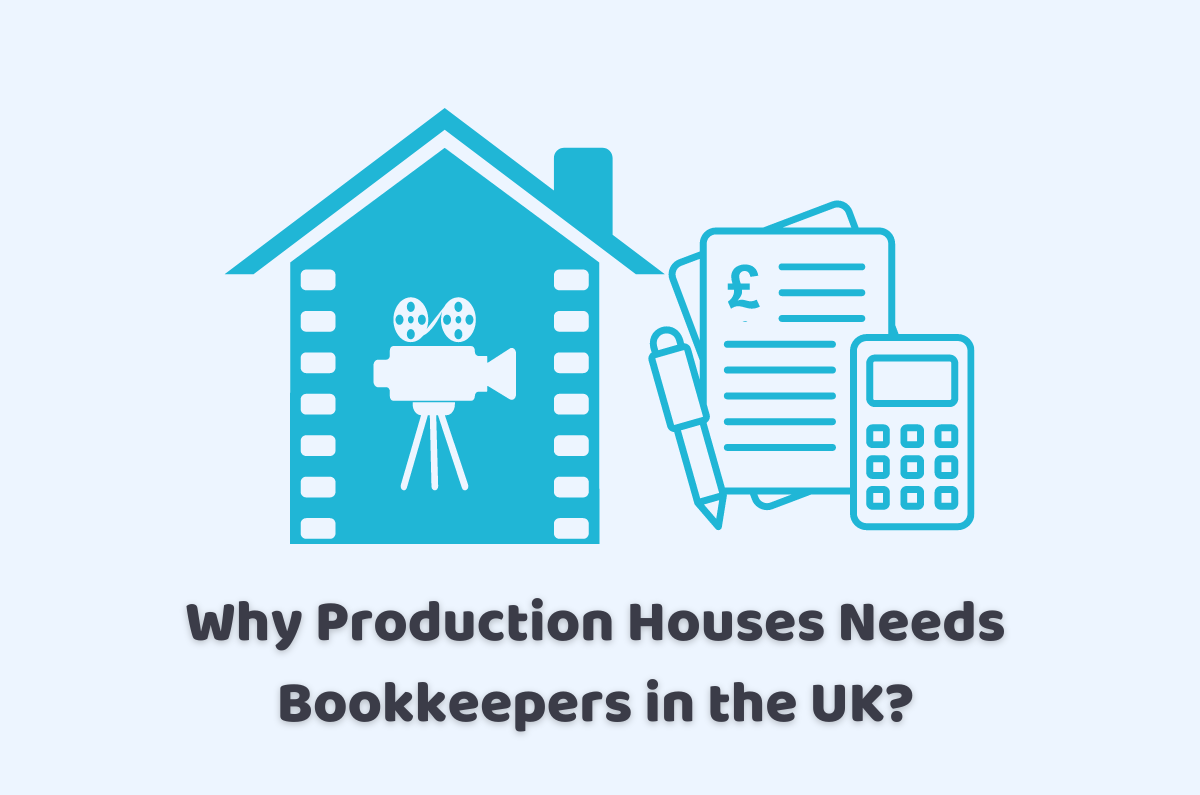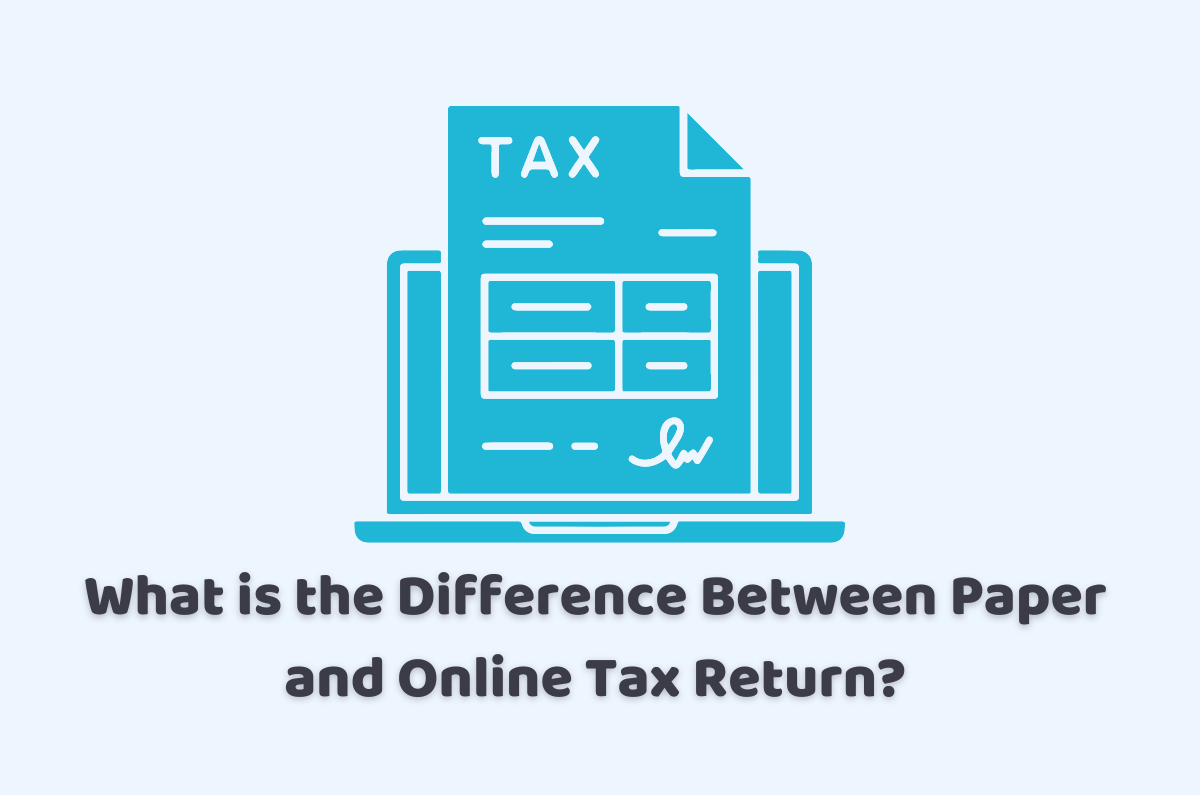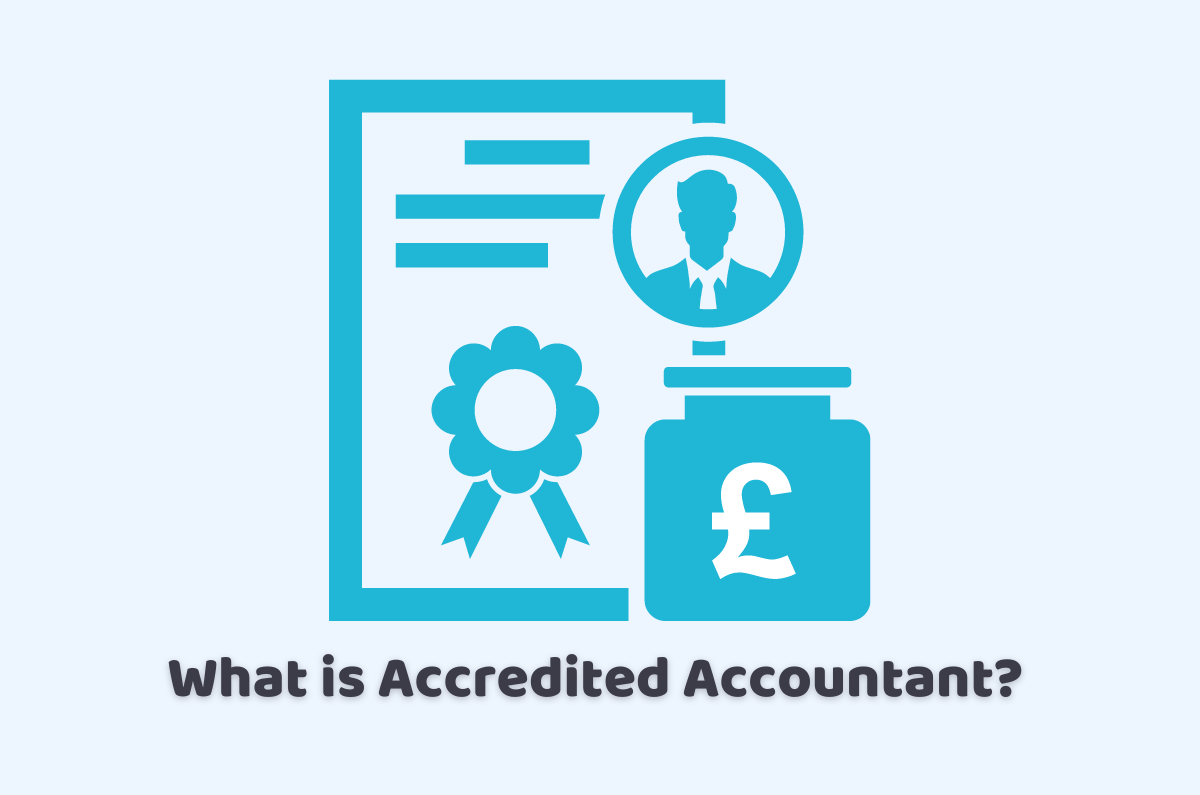
30/01/2024Accountants , Accounting , Accounting Issues , Bookkeeping
Production accountants are responsible for managing the financial aspects of production projects in production houses in the UK. This article is based on the discussion about why production houses need bookkeepers. We will explore some key skills and expertise that production accountants need to excel in their roles.
We will also discuss the individuals and departments that production accountants work with and how they contribute to the success of production projects. Additionally, we will examine the value of production accountants in the industry and the importance of their skills and expertise. This article will also highlight the critical role that production accountants play in the world of production and will provide valuable insights to anyone interested in this field.
Talk to our best accountants and bookkeepers in the UK at CruseBurke. You will get instant help about why production houses need bookkeepers, whether you are running a small or large business.
What Does a Production Accountant Do?
Production accountants are responsible for overseeing the financial aspects of film, television, and video production projects in the UK. They are responsible for maintaining accurate budgeting, cost control, and bookkeeping throughout the production process. Their duties include preparing and managing budgets, monitoring expenditures, negotiating contracts, tracking expenses, reporting on production progress, and providing financial analysis and reports to production managers and producers.
Why Do Production Houses Need Bookkeepers?
Production houses in the UK need accountants to manage their financial affairs and provide financial data and insights to management, investors, and other stakeholders. The role of a production accountant is crucial in ensuring that production projects stay within budget and on schedule, as well as in providing accurate financial data, analysis, and reporting to support decision-making.
The following are some of the key reasons why production houses in the UK need accountants:
1. Financial management: Production houses need to manage their finances carefully to ensure the success of production projects. They provide financial data and insights to managers and producers, enabling them to make informed decisions and ensure that production is on budget and schedule.
2. Compliance: Production houses operate in a highly regulated industry and must ensure they comply with financial and regulatory requirements.
3. Strategic planning: Production houses rely on accurate financial data to develop strategic business plans and identify growth opportunities.
4. Investor reporting: Production houses need to maintain accurate financial records and provide transparent and accurate financial data to investors, lenders, and other stakeholders. A production accountant is responsible for providing financial data and insights to support investor reporting and ensure the accuracy and completeness of financial information.
What Works Best for Production House Bookkeepers?
Bookkeepers in production houses in the UK need a range of skills and expertise to operate effectively. Here are some key areas that work best for production bookkeepers:
1. Risk management: Production houses operate in a highly competitive and dynamic industry, and production bookkeepers must identify and manage risks effectively. They must understand the risks associated with production projects and provide recommendations to management to minimise those risks.
3. Legal and regulatory compliance: They are the custodian of financial information and need to ensure that financial records are accurately maintained and reported to comply with legal and regulatory requirements.
4. Project management: Production bookkeepers must have good project management skills to manage multiple projects simultaneously and ensure they stay on budget and schedule. They must be able to prioritise tasks, allocate resources, and establish deadlines to meet production schedules.
Who Does a Production Bookkeeper Work With?
Production bookkeepers work closely with various departments and stakeholders in production houses to manage the financial aspects of production projects. Some of the key individuals and departments they work with include:
1. Production managers: Production bookkeepers work closely with production managers to ensure that production stays within budget and on schedule. They provide financial data and insights to help managers make informed decisions and support managers in managing multiple projects simultaneously.
2. Producers: Since financial data is critical to decision-making, production bookkeepers work closely with producers to provide financial data and insights that help them make informed decisions. They provide support in managing budgets, cost control, and management of expenditures and help producers understand trends and identify areas for improvement.
3. Location managers: Production bookkeepers work closely with location managers to ensure that production projects are completed on schedule and budget. They provide support in budgeting, cost control, and the management of expenditures and help location managers understand trends and identify areas for improvement.
4. Investors: They provide financial data and insights to help investors make informed decisions, and they provide support in managing budgets, cost control, and the management of expenditures.
The Bottom Line
This article concludes that bookkeepers for production houses are key professionals in production houses in the UK. They are skilled at managing the financial aspects of production projects, providing financial data and insights to management, investors, and other stakeholders, and ensuring compliance with financial regulations and legal requirements.
Disclaimer: The information about why production houses need bookkeepers provided in this blog includes text and graphics of general nature. It does not intend to disregard any of the professional advice.



